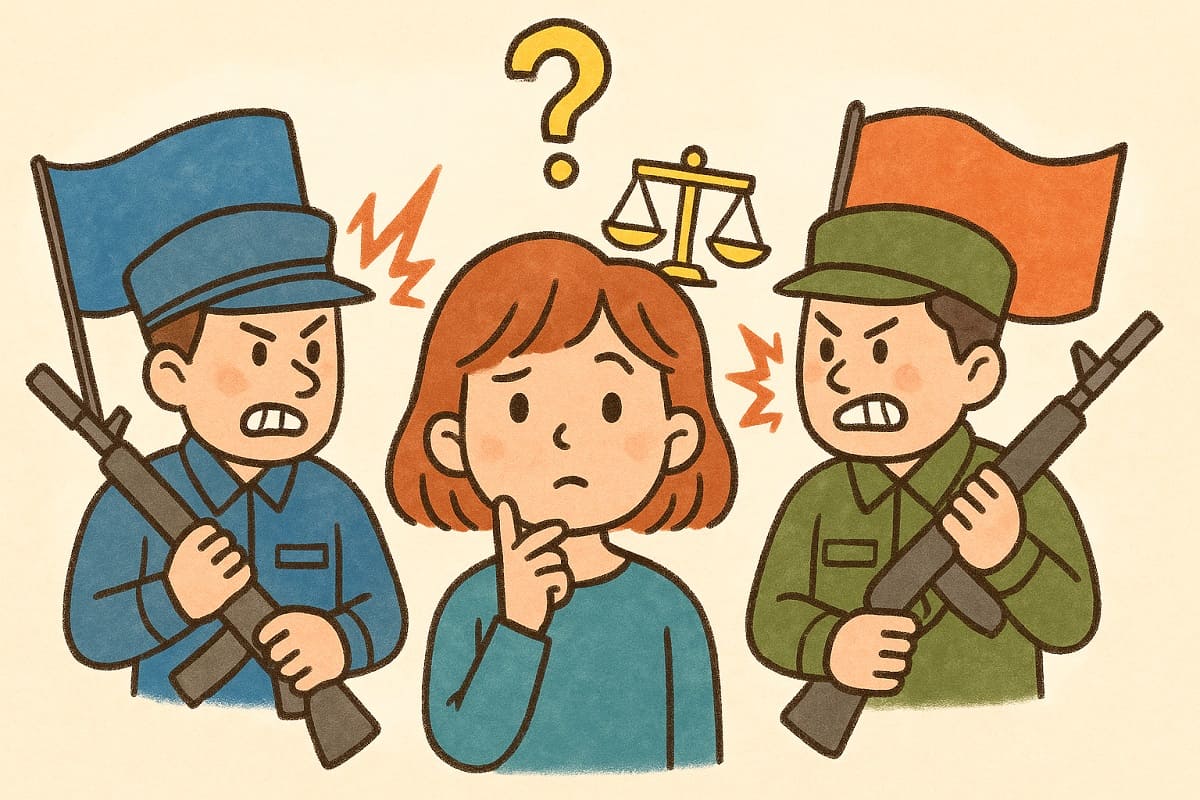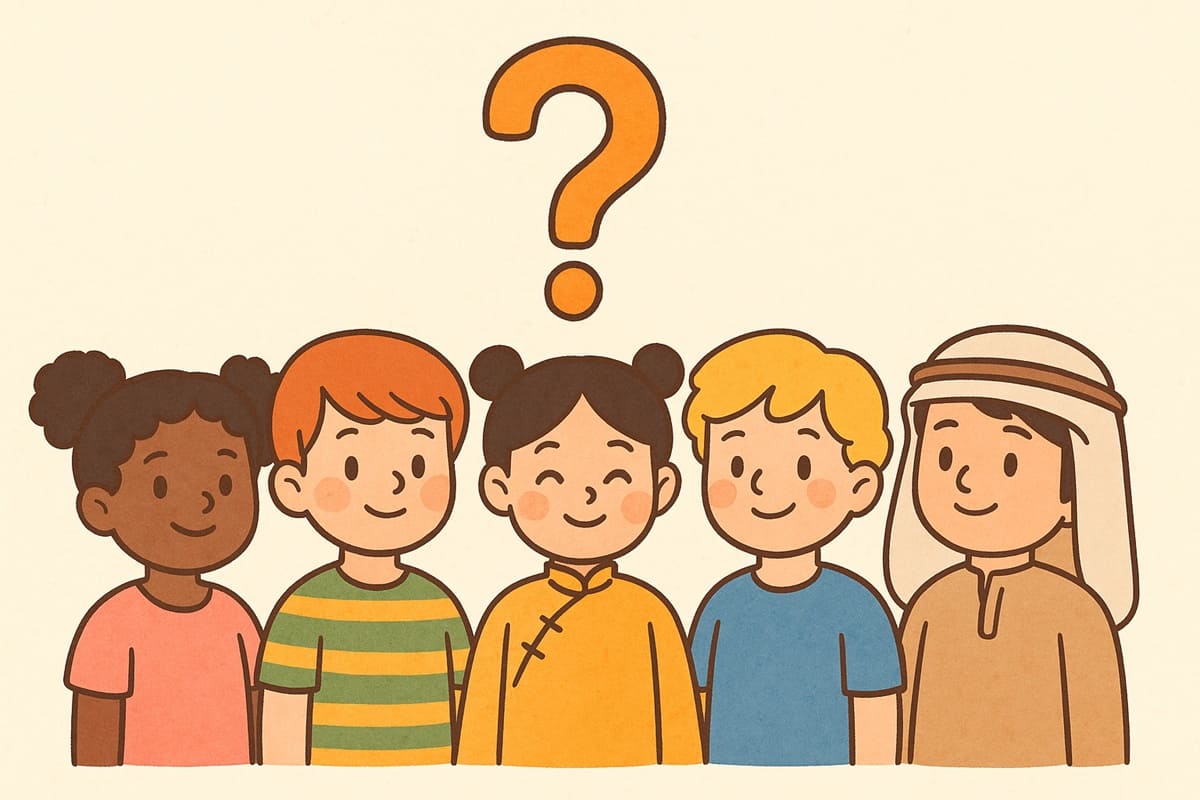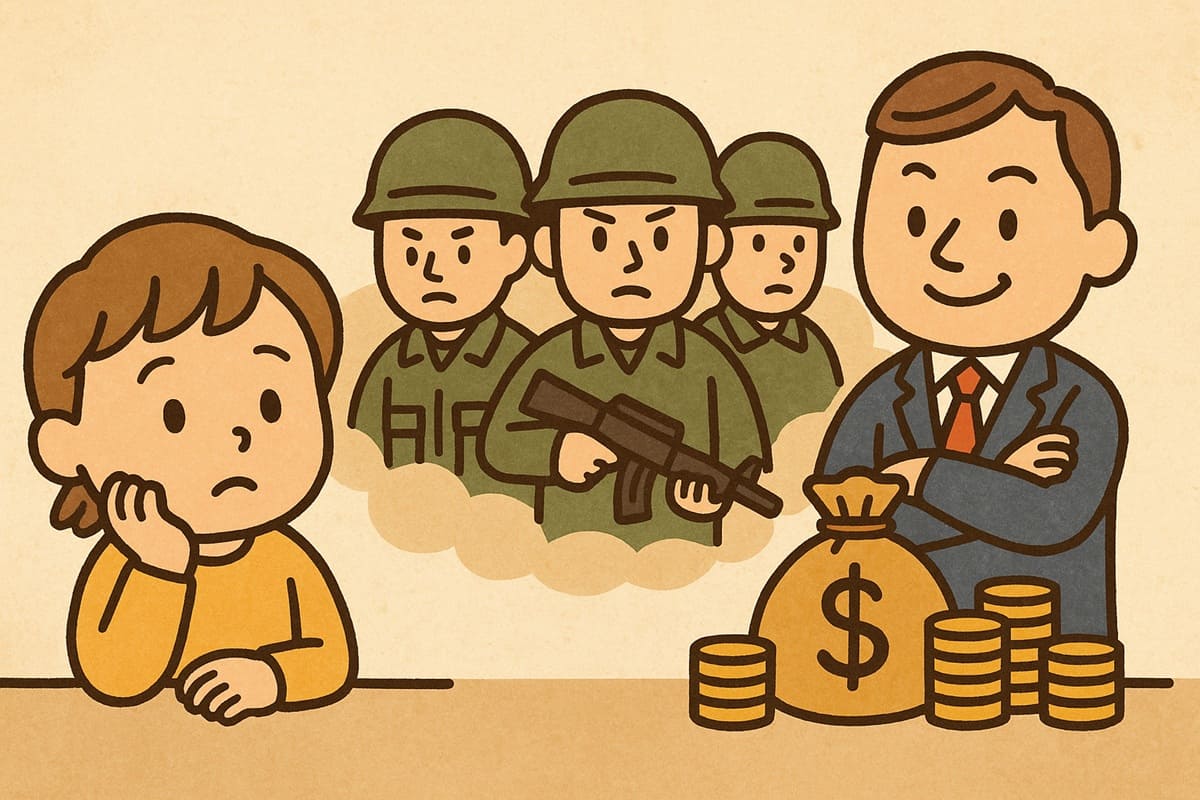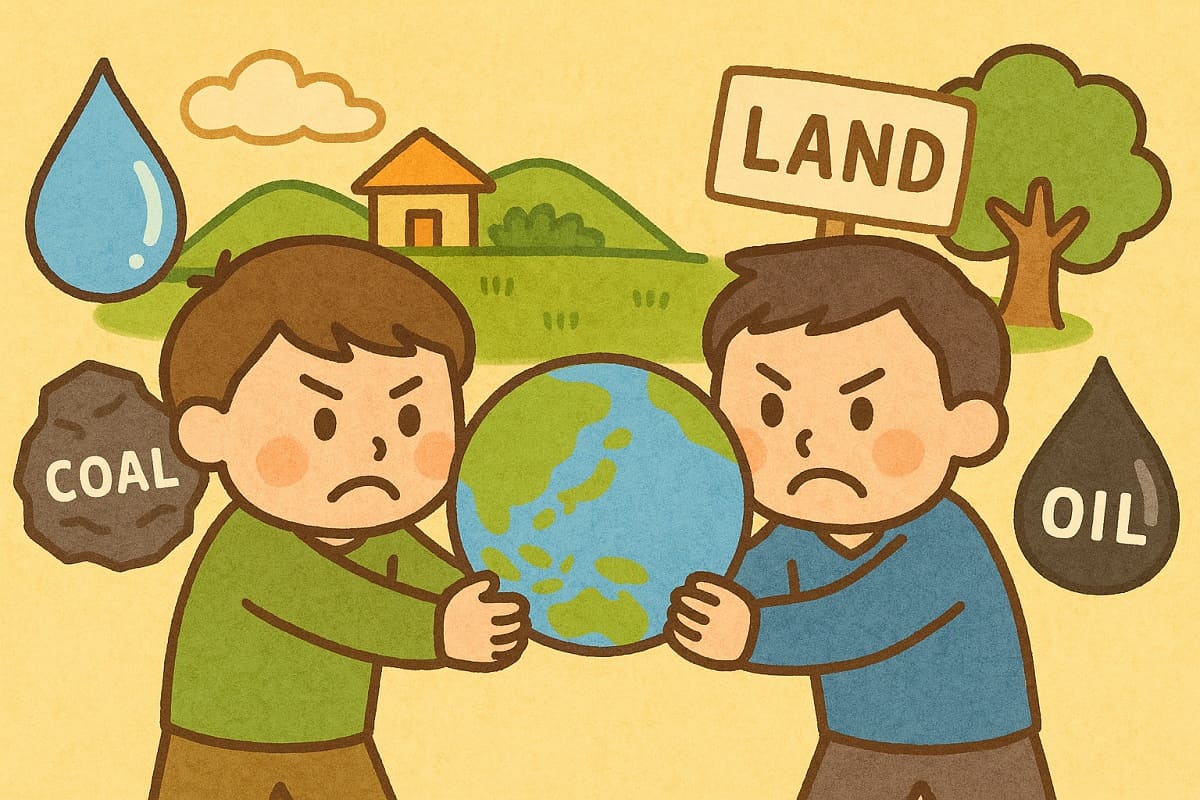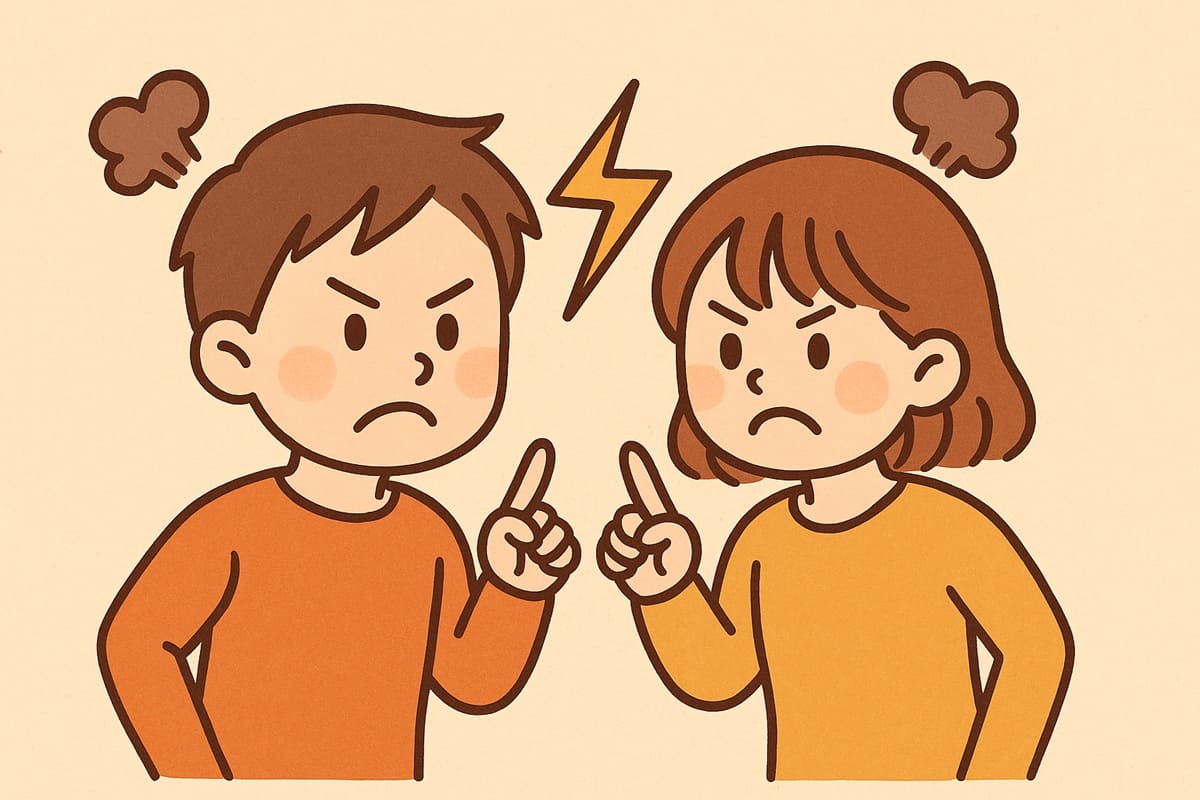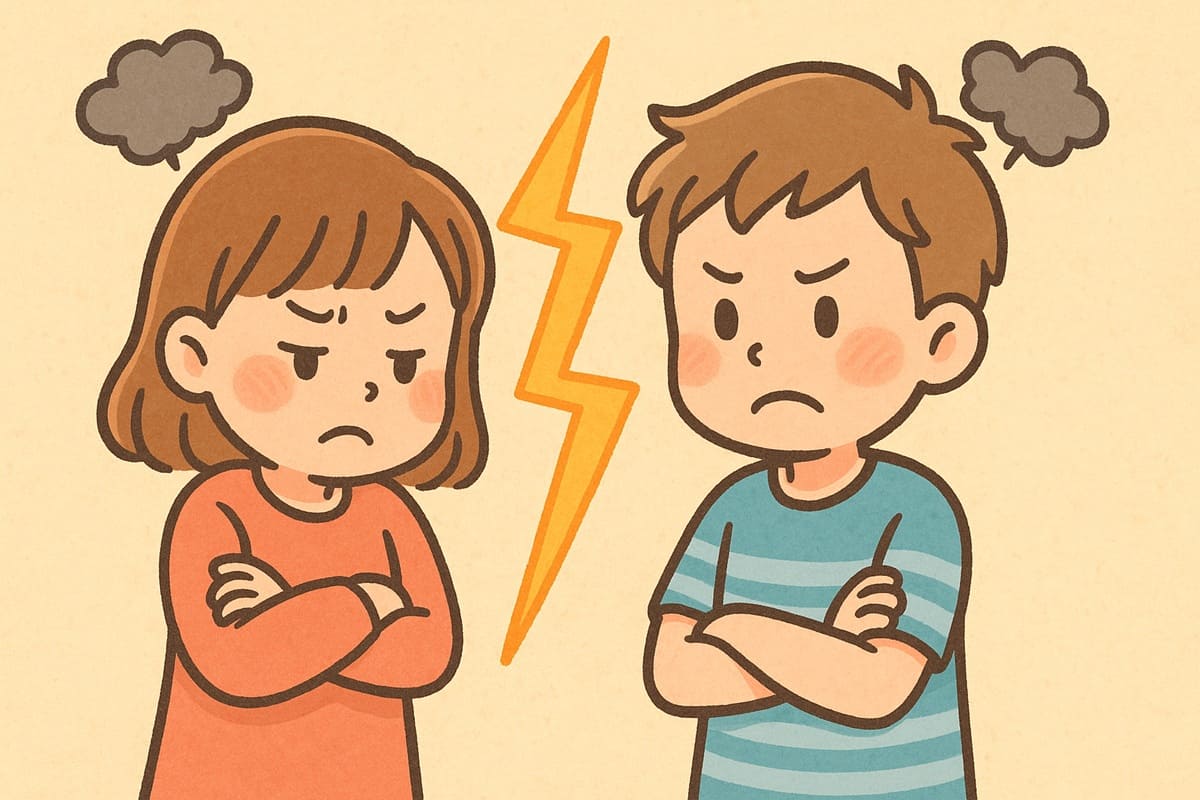How Can We Be Happy? The Key Is to “Know What Is Enough”
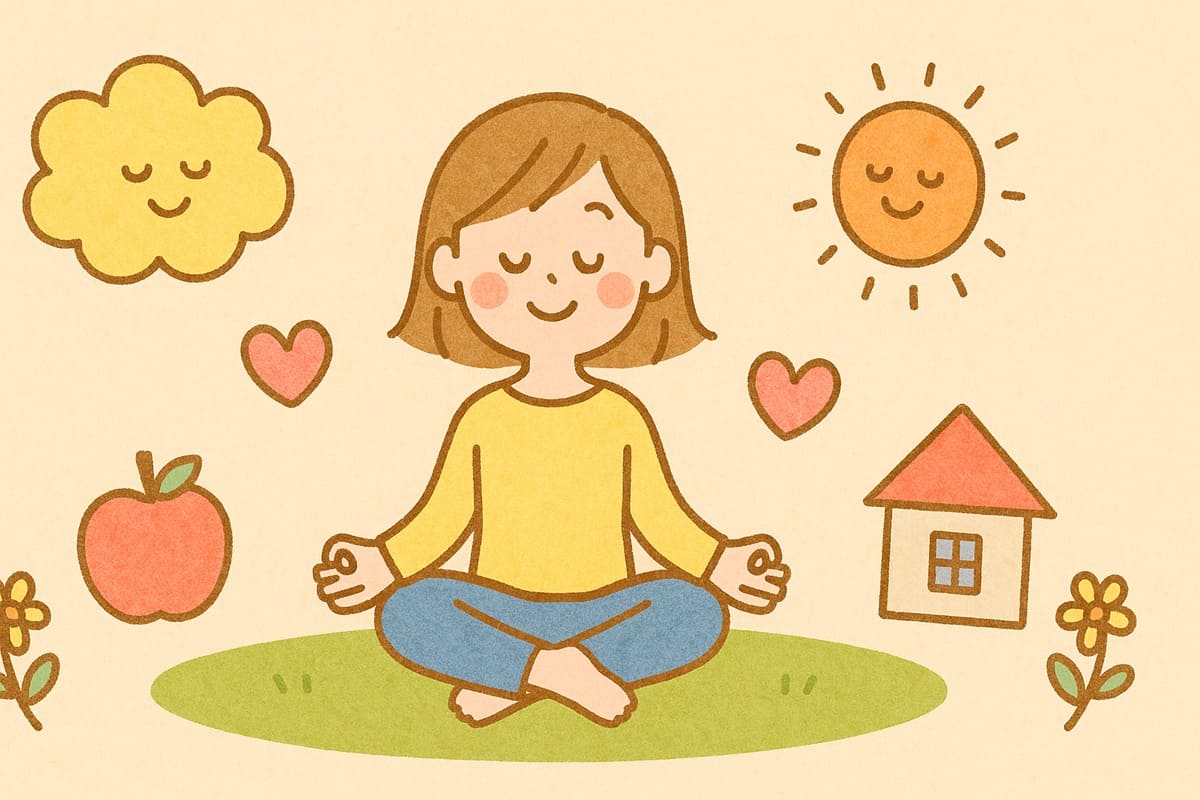
“If I had more money…”
“If I were more popular…”
“If I got better grades…”
Have you ever thought, “If only I had more of something, then I’d be happy”?
But even when we get what we want, our hearts don’t always feel full. The truth is, the key to happiness isn’t in having more—but in looking at what we already have and realizing: “This is enough.”
In this article, we’ll explore how the ancient idea of “knowing what is enough” leads to true happiness, based on teachings from Buddhism and research in psychology.
What Does “Knowing What is Enough” Mean?
Have you ever heard the phrase “Knowing What is Enough”(in Japanese, “足るを知る (taru wo shiru)”)?
It means realizing that what you already have is enough. It’s about appreciating what you have and not constantly craving more. This idea has long been important in Japanese culture and Buddhism.
For example, in the famous Ryoanji Temple in Kyoto, there is a stone water basin called a tsukubai, engraved with the characters 吾唯足知 (ware tada taru wo shiru), which translates to “I am content with what I have.”
It is said that Tokugawa Mitsukuni, also known as Mito Kōmon, donated this basin during the Edo period. The message behind it is also deeply connected to the spirit of Japanese tea ceremony, which values inner richness over material wealth.
Can Success Still Leave Us Feeling Empty?
Today, social media and advertisements often tell us: “Be more beautiful,” “Make more money,” “Get more followers.” Working hard is not a bad thing—but constantly chasing “more” can exhaust us.
Psychological studies show that even when people get what they want, they quickly get used to it and stop feeling the same joy. This is called “hedonic adaptation” or the “hedonic treadmill.”
For instance, you might feel happy when you get a new smartphone, but after a few months, you want the latest model. Or you get 80 points on a test and suddenly feel you won’t be happy unless you get 90 next time.
No matter how successful you are, if you always want more, you’ll never truly feel satisfied.
The Psychological Effects of “Knowing Enough”
So why does “knowing what is enough” lead to happiness?
In psychology, it’s well known that practicing gratitude boosts happiness. In one study, writing down three things you were thankful for each day led to better mental health.
Knowing enough means being grateful for what’s already there. Having a home, food to eat, friends, family, simply being alive today—just paying attention to these “ordinary” things can bring peace and comfort.
It also helps us stop comparing ourselves to others. Instead of focusing on what we don’t have, we begin to appreciate what we do have and who we are. This helps us value our unique selves.
Lessons from Buddhism and Zen
“Knowing enough” is a central teaching in Buddhism. In the Butsu Yuigyō Kyō (The Buddha’s Last Teachings), the following passage appears:
“The person who knows contentment is rich even if poor. The person who doesn’t know contentment is poor even if rich.”
This means that someone who appreciates what they have is truly rich, while someone who always wants more is always poor at heart.
Dōgen, a Zen monk from the Kamakura period, also taught: “Most of our troubles come from desire.” The more we crave, the more stress, conflict, and unhappiness we bring upon ourselves.
Instead, if we can feel “what I have now is enough,” our minds become calm, and our relationships with others become more peaceful.
Who is Truly Rich?
Do you know someone who doesn’t have a lot, but seems really happy?
Or maybe someone who has everything—but always seems irritated?
Which of them is truly rich and happy?
Laozi, an ancient Chinese philosopher, said: “The person who knows enough is truly rich.”
It’s not how much you have, but whether you feel content with it, that matters most.
What You Can Do to Cultivate Contentment
Here are some simple ways to start practicing “knowing what is enough” in your daily life:
- Keep a gratitude journal: Write down three things you’re thankful for every day. They can be small, like “the weather was nice” or “lunch was tasty.”
- Reevaluate your belongings: Try keeping only what you truly need—you may realize how much you already have.
- Stop comparing yourself to others: If you feel down seeing happy-looking people on social media, remind yourself: “They are them, and I am me.” Come back to your own pace.
- Take mindful moments: Pause to breathe deeply or appreciate nature—like looking at the sky or a tree. Just noticing the present can calm your mind.
Conclusion
You don’t need great success or a perfect life to be happy.
Being able to say “thank you” for what’s right in front of you—
That’s the path to true wealth, and real happiness.
When you catch yourself thinking, “I need more,”
Pause for a moment.
Look around.
You may realize—you already have enough.

